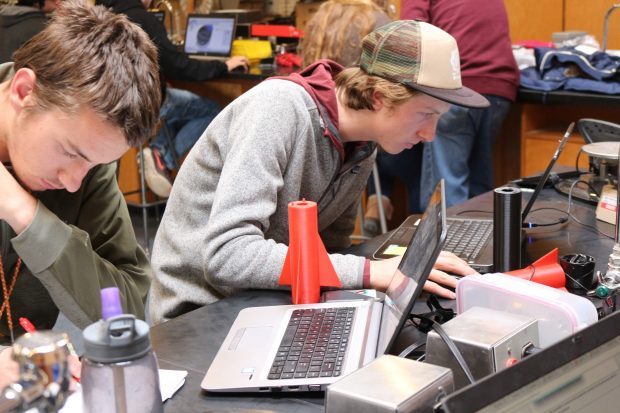Waldorf Schools are Media Literacy Role Models
What’s that? Waldorf schools and “Media” Literacy?
Do you mean those schools that are notoriously low-tech, and focus on things like face-to-face communication, hands-on learning, the great outdoors, and an art/music/movement integrated curriculum?
Yep, those schools!
Cyber Civics was founded at a public charter Waldorf school —Journey School—in 2010. Since its inception, most Waldorf schools (private and public) in North America, and many more internationally, have adopted the Cyber Civics program in their schools, and the vast majority have been teaching the lessons—which include digital citizenship, information literacy, and media literacy— since 2017.
(In the clip above, Cyber Civics founder Diana Graber talks to Family Online Safety Institute’s CEO, Stephen Balkam (also a Waldorf school parent) about Waldorf schools and media literacy.
Fast forward to 2021. The United States and most of the world is just now talking about the ‘need for digital citizenship’ and the importance of ‘educating our youth’ about media use, misinformation, balance and wellness and, most importantly, how to use tech ethically and wisely.
People worldwide are asking themselves “How do we control this Pandora’s Box after the pandemic? What can we do to help our kids help themselves in the digital landscape?”
All the while, Waldorf schools have been quietly holding this conversation with intentionality and patience: asking families to be thoughtful, mindful, discerning, and slow with media access for children. Not to deprive them, but rather to give children the gift of childhood—the endless opportunities that come with downtime, boredom, and unscheduled freedom. To favor face-to-face interactions over abstract experiences. To work on self-regulation, problem solving, physical movement, and social-emotional regulation.
By the time Waldorf students get to middle school, even though many aren’t using digital media at the same level as average kids their age, most are participating in weekly Cyber Civics lessons ranging from simple concepts such as what it means to be a citizen in any community and how to apply that to the digital world to more advanced topics such as: privacy and personal information, identifying misinformation, reading visual images, recognizing stereotypes and media representations, and ethical thinking in future technologies.
While many middle school students know their way around the device / app / platform, they haven’t been trained much in ethics, privacy, balance, and the decision-making aspects actually needed to survive and thrive in the digital age during adolescence.
We are so grateful for all the Waldorf schools that recognized the need for this important curriculum years ago, and who have grown with us over the years. We have learned with you, about our young people and what they need from us as examples and digital citizens.
Thank you for paving the way for this curriculum to be brought to so many other schools and community groups beyond the Waldorf sphere—public and private schools… Catholic, Hebrew, Montessori, and more.
And please take a bow for being the Media Literacy role models the world so desperately needs.
Author Soni Albright joined the Cyber Civics team to focus on the enrollment and successful onboarding of schools, homeschoolers, and organizations. She also gives instructional webinars. As the Admissions Director and Cyber Civics teacher at the City of Lakes Waldorf School in Minneapolis, MN, she has extensive experience in the curriculum and also in education. Her classroom experience spans over two decades and includes homeschool/coop, Montessori, and Waldorf pedagogy. She holds a B.A. in Education and Fine Arts from the University of North Dakota.

